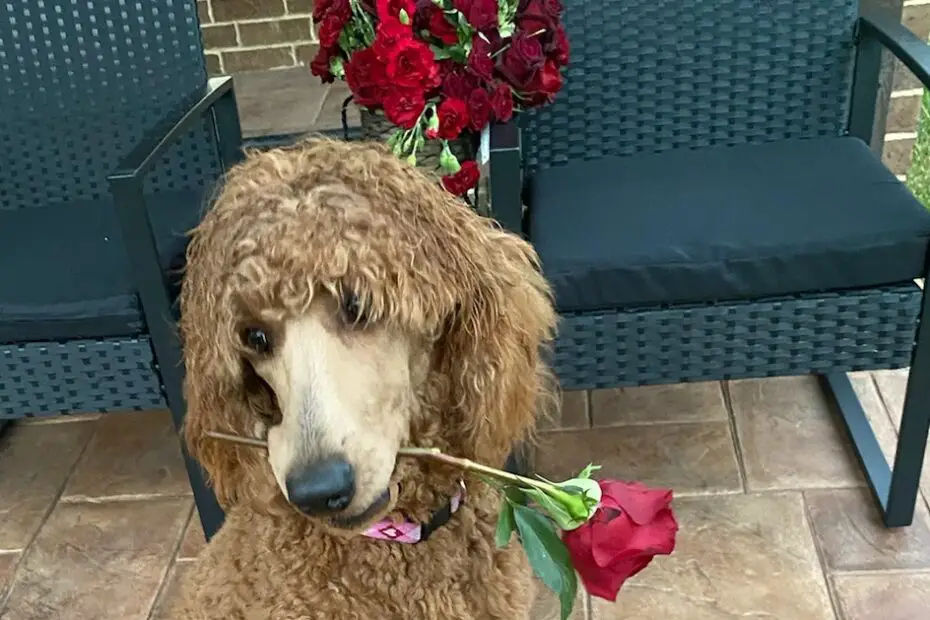Last updated on January 18th, 2021 at 10:31 pm
Poisonous plants and flowers are everywhere, in our yards and in our houses. Although they look beautiful and smell nice, they can pose a serious threat to your poodle`s health if your poodle eats these plants.
Poodles don’t recognize plants that are poisonous and will chew on them out of boredom or curiosity. Due to the wide variety of plants in your garden or house, it’s often difficult to determine which plant caused the poisoning, unless you actually caught your dog in the act of eating it!
Some plants, fruits, and vegetables, fruits are safe for poodles to eat. For example, poodles can eat apples, and poodles can eat carrots. However, there are certain plants, fruits, and vegetables that poodles cannot eat. These taboo greenies are discussed here.
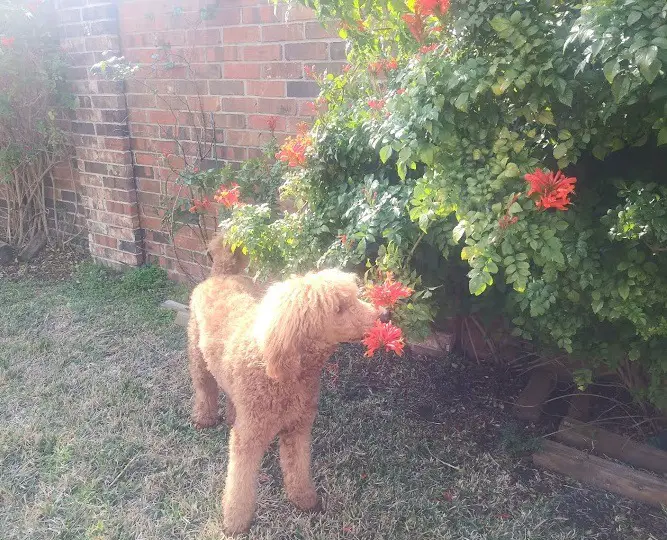
Identifying Vegetables, Plants, and Fruits That Poodles cannot Eat
In some plants and vegetables, the whole plant is poisonous to dogs. In other plants and vegetables, it may only be the leaves or flowers of the plant that is poisonous to dogs. Below is a list of some of the known vegetables, flowers, and plants that are poisonous to poodles. For more information about the poisonous effects of any of these vegetables, plants, and fruits, visit the Animal Poison Control website, and search for the vegetable, plant, or fruit about which you need more information.
- Garden Asparagus
- Caladium (all parts)
- Castor Bean (seed, leaves)
- Onions
- Christmas Rose (root, leaves, sap)
- Dieffenbachia (all parts)
- Philodendron (all parts)
- Mistletoe (berries)
- Rosary Pea (seeds)
- Autumn Crocus (all, esp. bulb)
- Bleeding Heart (leaves, roots)
- Dutchman`s Breeches (leaves, roots)
- Foxglove (leaves)
- Larkspur (all; seeds)
- Lily of the Valley (all)
- Monkshood (all)
- Narcissus (all)
- Daffodil (all)
- Jonquil (all)
- Potatoes (all green parts)
- Rhubarb (leaves)
- Tomato (leaves)
- Apple (large amount of seeds)
- Apricot (seed)
- Almond (seed)
- Avocado (leaves)
- Azalea (all)
- Black Locust (bark, twigs, seeds)
- Boxwood (leaves, twigs)
- Buckeye (leaves, nuts, flowers, sprouts)
- Horse chestnut (same)
- Chinaberry (fruit, bark, berries)
- Chokecherry (leaves, seeds, bark)
- Wild Black Cherry (same)
- English Holly (berries)
- Oaks (tannins in foliage and acorns)
- Oleander (all including dried leaves)
- Privet (leaves, berries)
- Rhododendron (all parts)
- Yew (all, esp. berries)
- Daphne (all; fruit)
- English Ivy (berries, leaves)
- Golden Chain (seeds, pods, flowers)
- Lantana (green berries, leaves)
- Mountain Laurel (all even honey from flowers is toxic)
- Yellow Jasmine (all, including nectar and roots)
- Wisteria (pods, seeds)
- Buttercup (all)
- Cone Flower (all)
- Black-eyed Susan (all)
- Hemlock (seeds, stems, fleshy taproot is often mistaken for wild parsnip or anise)
- Jack-in-the-pulpit (all)
- Jimson Weed (all–very dangerous drug too often used by teens)
- Amanita Mushrooms (all)
- Nightshade (all)
- American Bittersweet (berries, roots, leaves)
- Deadly Nightshade (all)
- Pokeweed (roots, shoots, leaves)
- White Snakeroot (all parts)
- Morning Glory (seeds)
- Cannabis
- Tobacco (leaves)
- Tulip (bulbs)
- Iris (corms)
- Grapes (fruit)
Below is the picture list of the plants, fruits, and vegetables that are poisonous to poodles:
- Garden Asparagus

- Caladium (all parts)

- Castor Bean (seed, leaves)

- Onions

- Christmas Rose (root, leaves, sap)

- Dieffenbachia (all parts)

- Heartleaf Philodendron (all parts)

- Mistletoe (berries)

- Prayer Bean/Rosary Pea (seeds)

- Autumn Crocus (all, esp. bulb)

- Bleeding Heart (leaves, roots)

- Dutchman`s Breeches (leaves, roots)

- Foxglove (leaves)
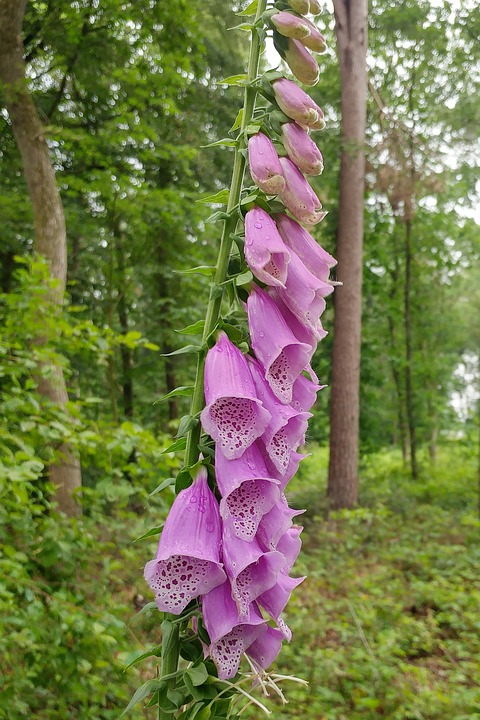
- Larkspur (all; seeds)

- Lily of the Valley (all)

- Monkshood (all)
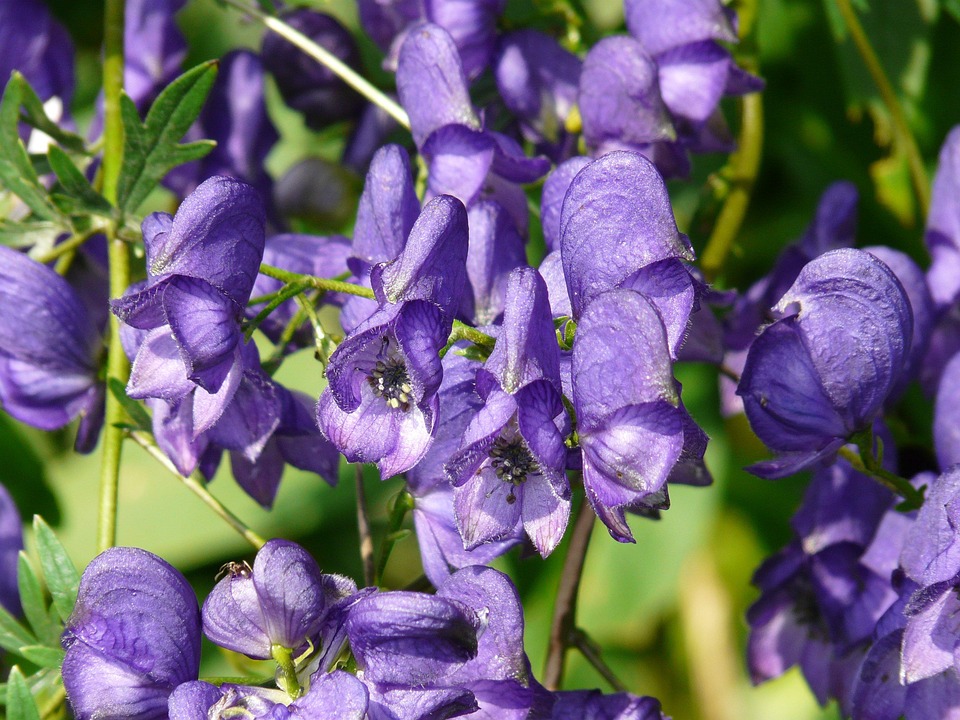
- Narcissus (all)

- Daffodil (all)

- Jonquil (all)

- Raw Potatoes (all green parts)

- Rhubarb (leaves)

- Tomato (leaves)
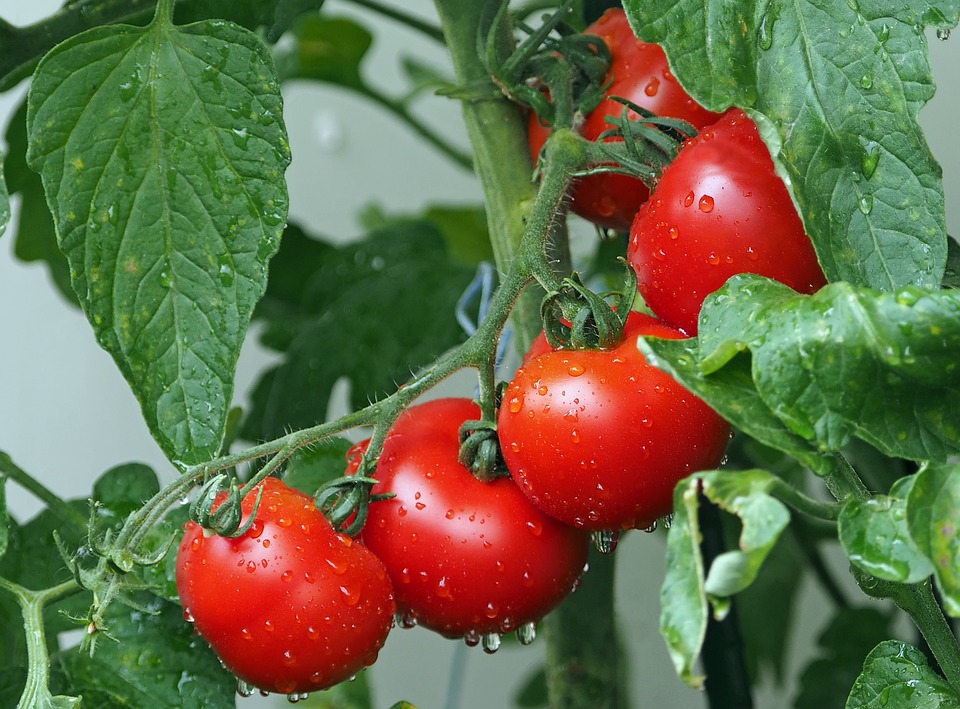
- Apple (Stems, leaves, and large amount of seeds)
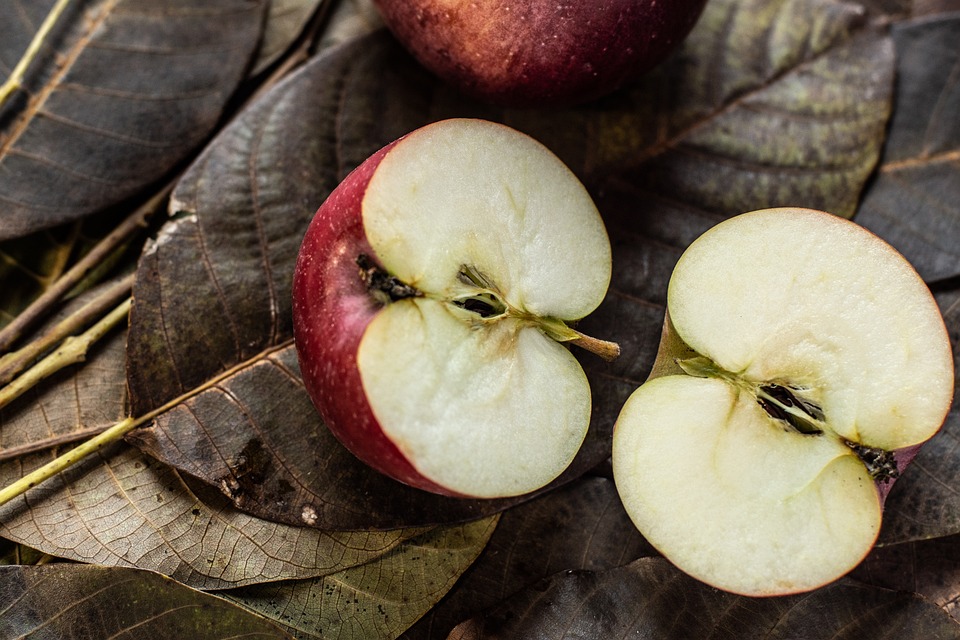
- Apricot (Stem, leaves, seeds)
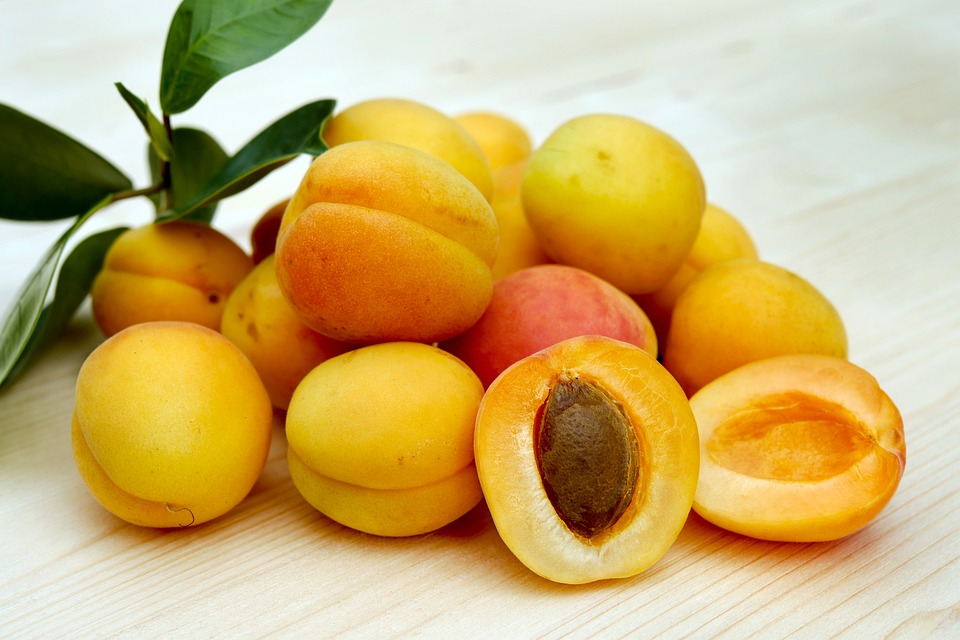
- Almond (seed)

- Avocado (leaves)
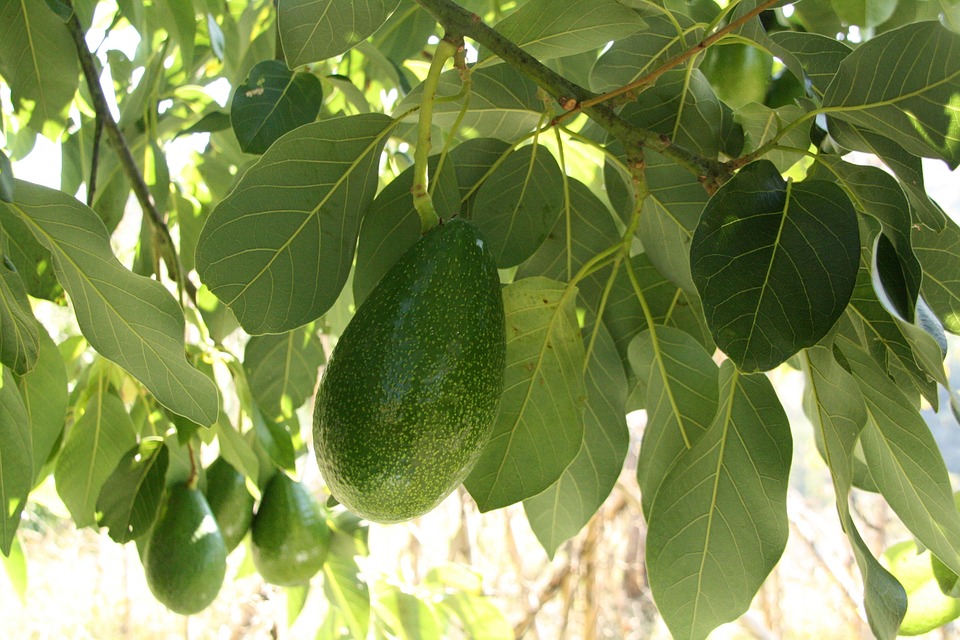
- Azalea (all)

- Black Locust (bark, twigs, seeds)
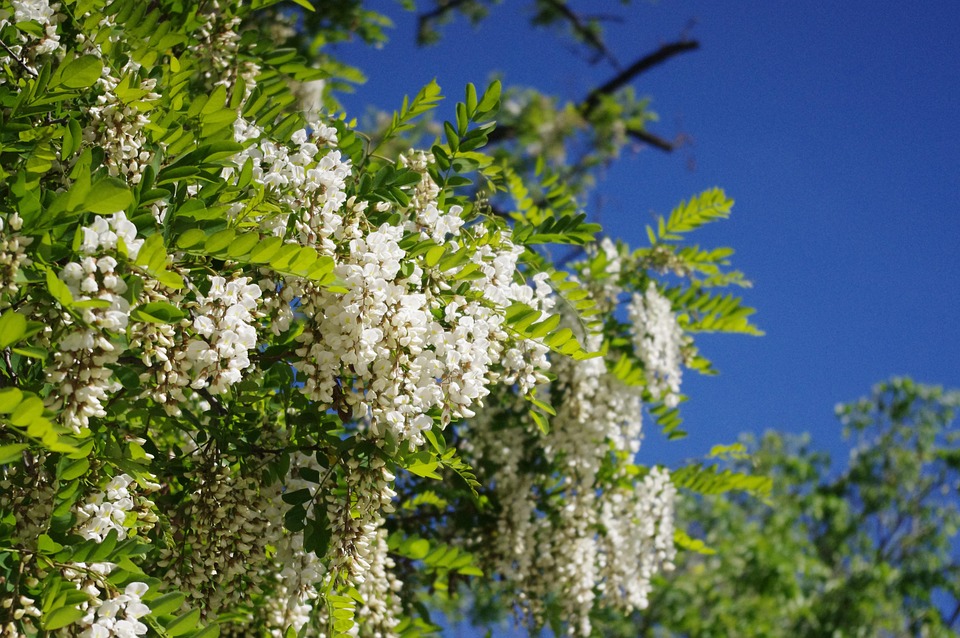
- Boxwood (leaves, twigs)

- Horse chestnut/ Buckeye (leaves, nuts, flowers, sprouts)

- Chinaberry (fruit, bark, berries)
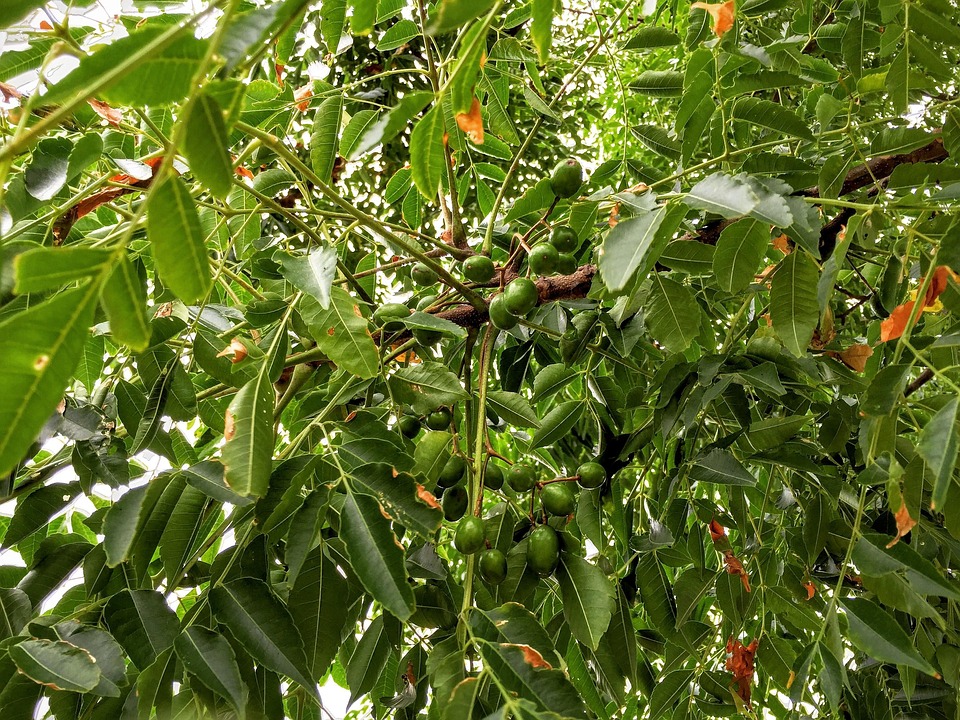
- Chokecherry (leaves, seeds, bark)
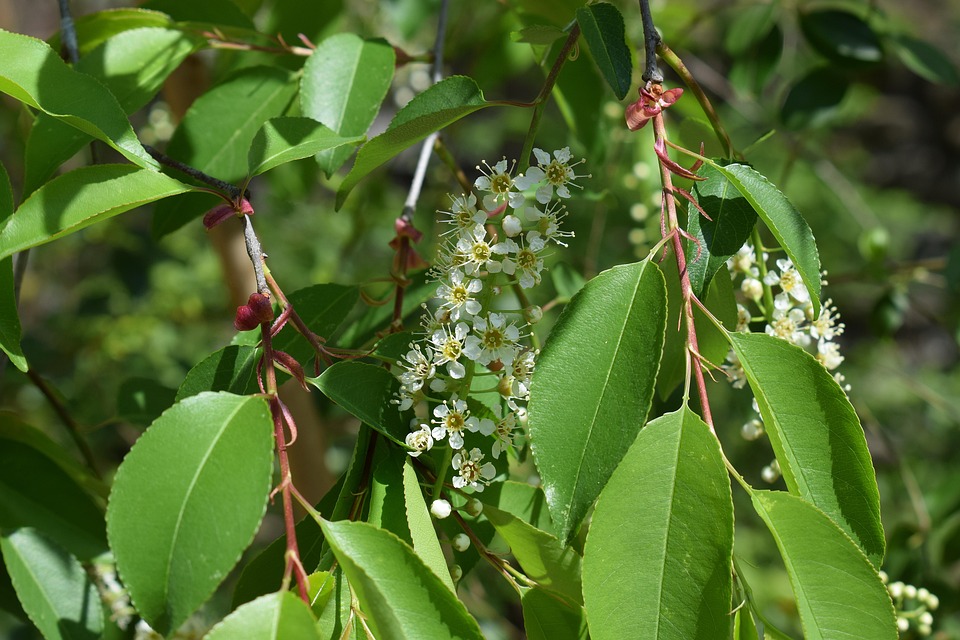
- Wild Black Cherry (leaves, seeds, bark)
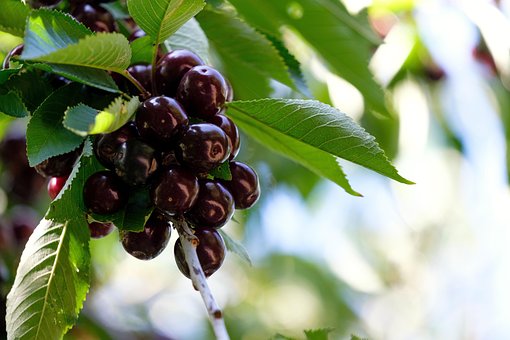
- English Holly (berries)

- Oaks (tannins in foliage and acorns)

- Oleander (all including dried leaves)

- Privet (leaves, berries)
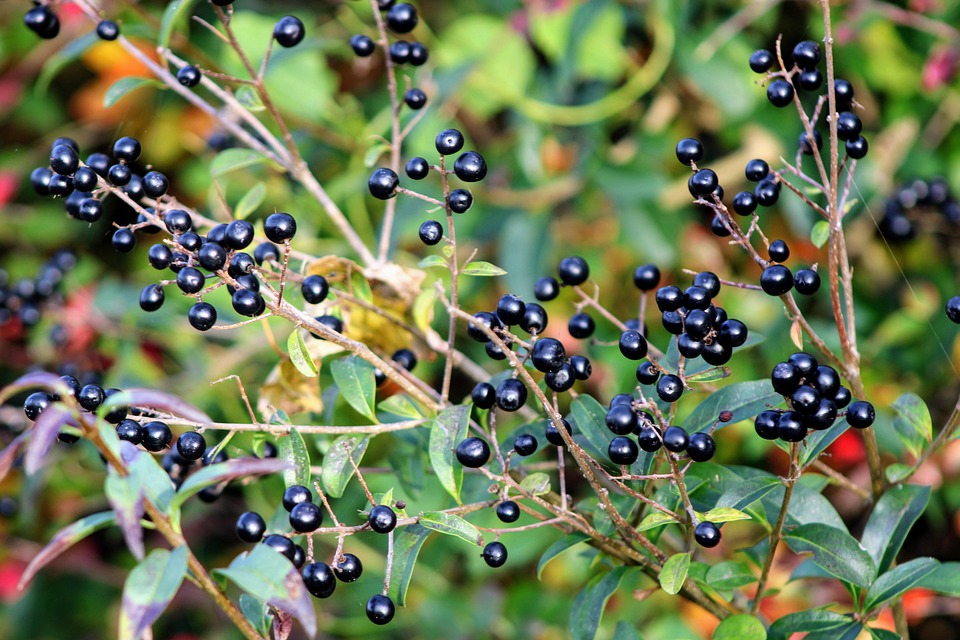
- Rhododendron (all parts)

- Yew (all, esp. berries)

- Daphne (all; fruit)

- English Ivy (berries, leaves)

- Golden Chain (seeds, pods, flowers)

- Lantana (green berries, leaves)

- Mountain Laurel (all even honey from flowers is toxic)

- Yellow Jessamine (all, including nectar and roots)
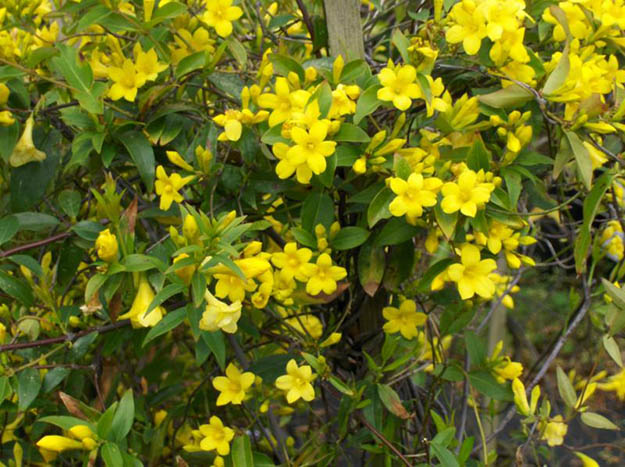
- Wisteria (pods, seeds)

- Buttercup (all)
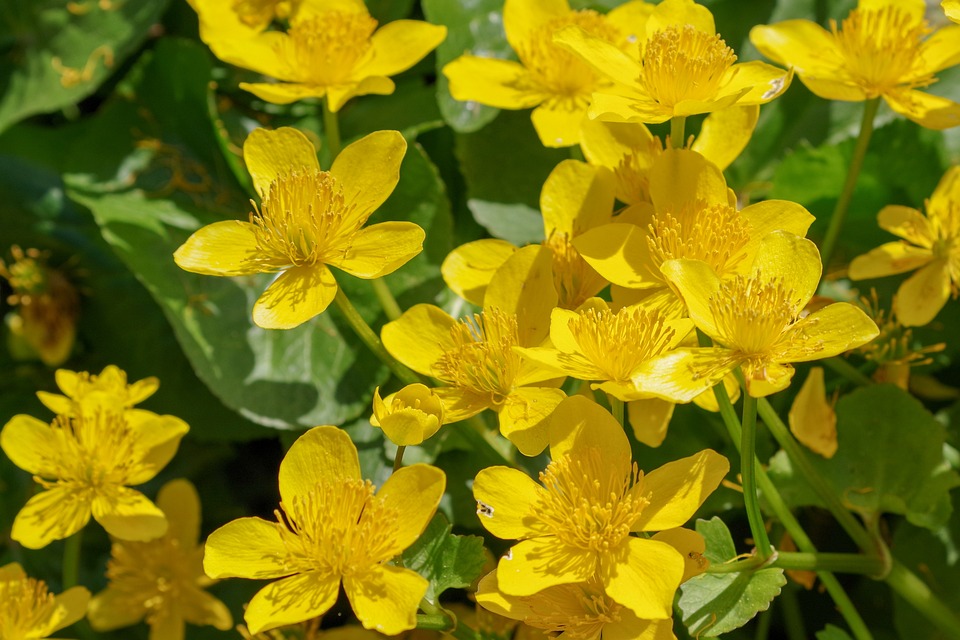
- Black-eyed Susan (all)

- Hemlock (seeds, stems, fleshy taproot often mistaken for wild parsnip or anise)
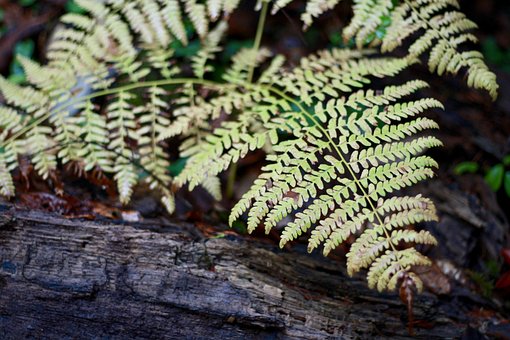
- Jack-in-the-pulpit (all)

- Jimson Weed (all–very dangerous plant used as hallucinatory drug by teens)

- Amanita Mushrooms (all)

- Nightshade (all)
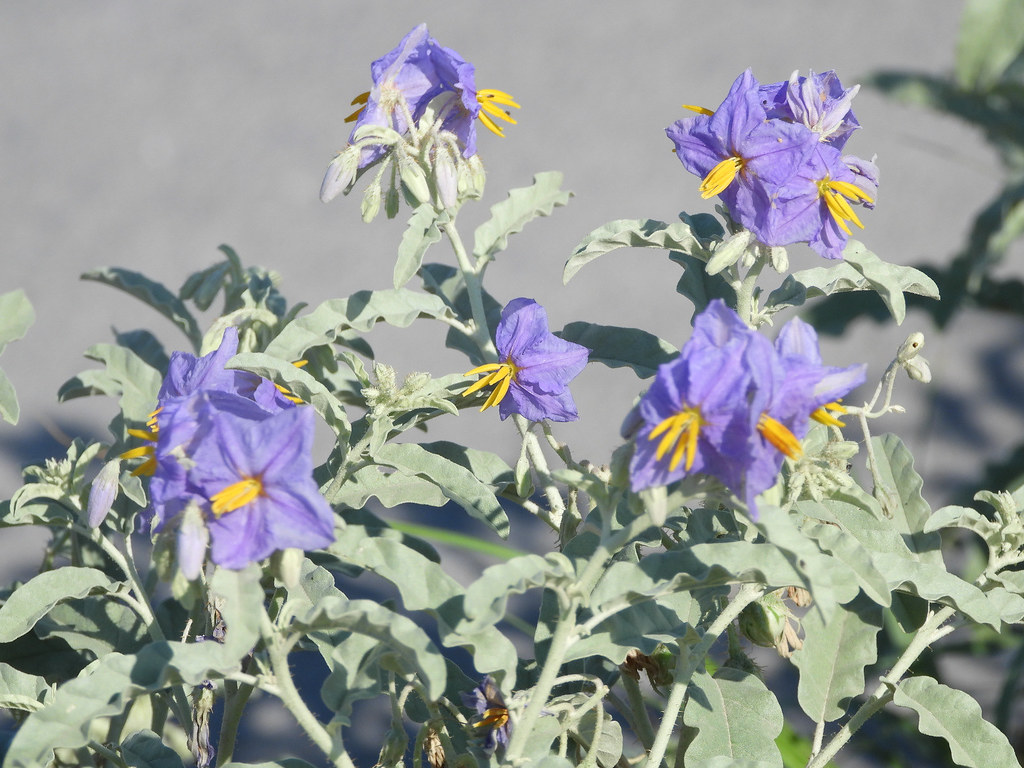
- American Bittersweet (berries, roots, leaves)
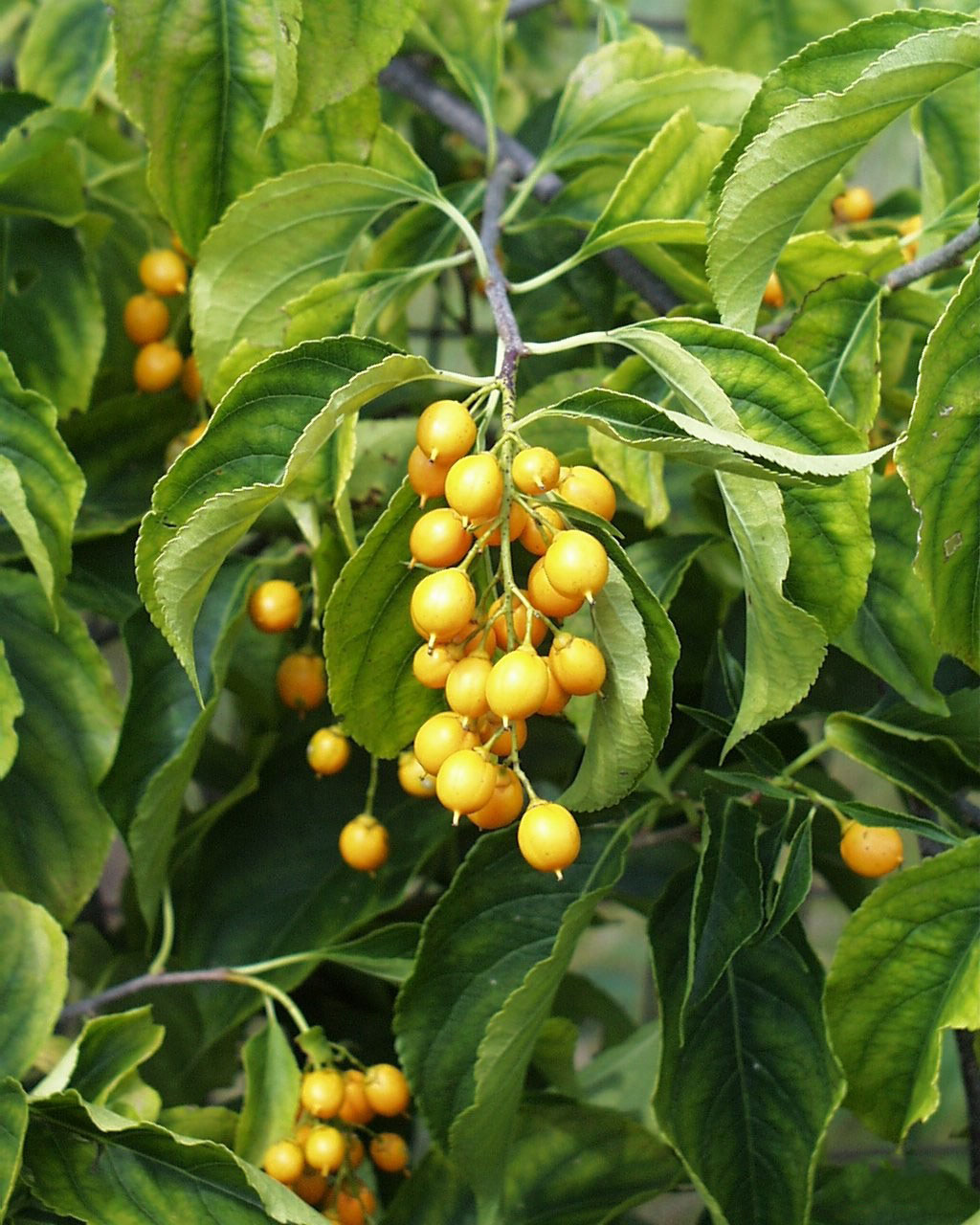
- Pokeweed (roots, shoots, leaves)

- White Snakeroot (all parts)

- Morning Glory (seeds)

- Tobacco (leaves)

- Cannabis

- Tulip (bulbs)

- Iris (corms)

- Grapes (fruit)

This list of plants, vegetables, and fruits that poodles cannot eat is not all-inclusive but it covers the most poisonous plants, vegetables, and fruits.
Plant Poisoning Symptoms in Poodles
Poisonous plants can cause a wide range of symptoms from vomiting, diarrhea, excessive drooling, mouth and throat irritation, hallucination, staggering, seizures, rashes, coma and death.
Plants aren’t the only things that can poison your beloved puppy. Poodles will eat almost anything that smells or tastes good. Some of the more common toxic substances that poodles accidentally eat are chocolate, pesticides, and anti-freeze.
What to Do if You Think You Poodle Has Eaten a Poisonous Plant or Vegetable
If you think that your poodle may have been poisoned, the first thing to do is try to identify the poisonous plant or substance and then go immediately to the vet.
If you can’t get to a vet, call the Aminal Poison Control Center of the American Society for Prevention of Cruelty to Animals ASPCA). They are available 24 hours a day, seven days a week.
They have veterinarians and veterinary toxicologists on staff that can provide the latest information on toxicity levels, antidotes, treatments and prognosis on various pesticides, drugs, plants, metals, and other exposures to pets.
When you call, you will need to give them your name, address, phone number, the type of dog you have, its age, sex, and weight. You will also need to know the plant or substance ingested. They will also need to know how long it has been since the substance or plant has been ingested and what symptoms your dog is showing.
The ASPCA Animal Poison Control Center (APCC) is your best resource for any animal poison-related emergency, 24 hours a day, 365 days a year.
The telephone number for contacting the ASPCA Animal Poison Control Center is (888) 426-4435. A consultation fee may apply.
The Center will do as many follow-up calls as necessary in critical cases, and at the owner’s request will contact his veterinarian. The Center also provides via fax specific treatment protocols and current literature citations when indicated.
